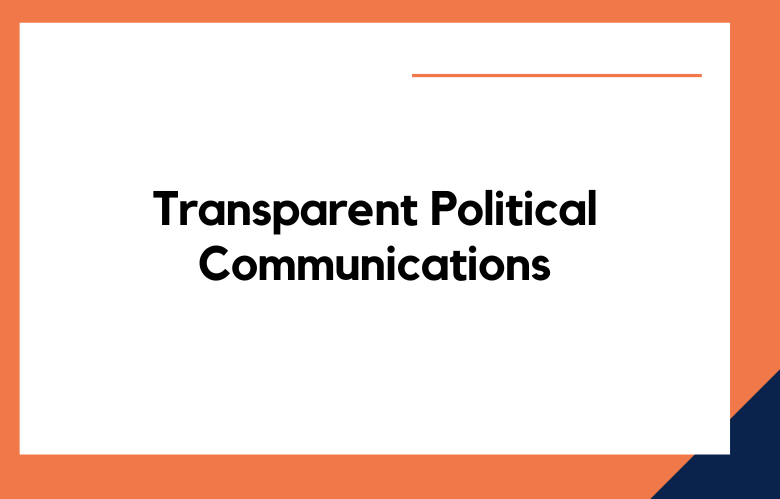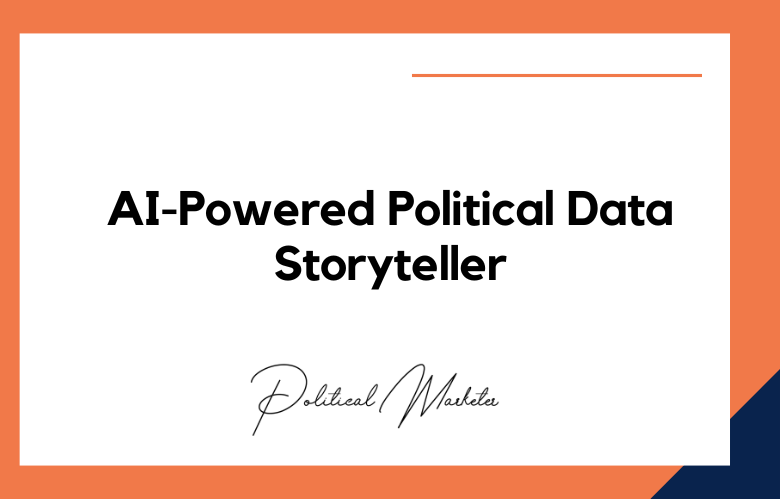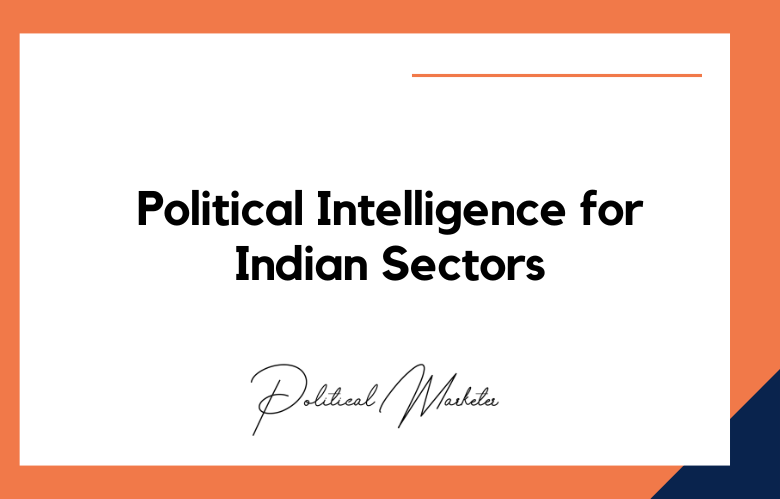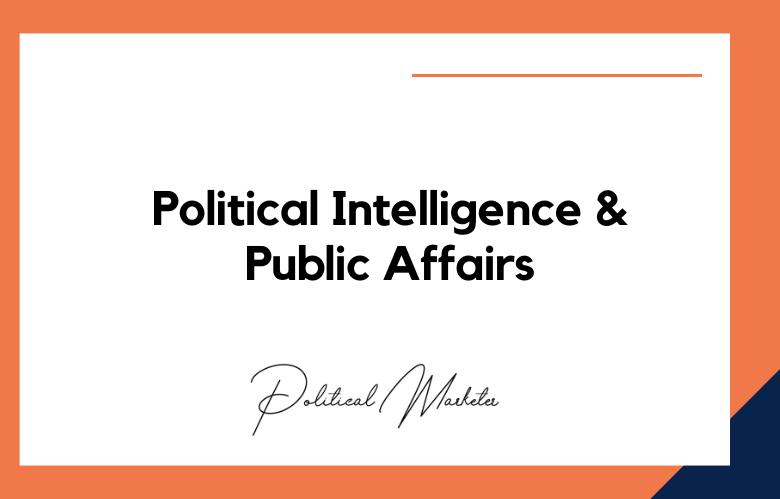Politics has always been important, and how politicians communicate with the public is vital. As technology has evolved, so has political communication. These days, many people are talking about using Artificial Intelligence (AI) to help with political communication.
AI can increase transparency, improve effectiveness and efficiency, and create opportunities for more intelligent engagement between politicians and the public. We will explore ways AI can be applied to political communication and how we can leverage this powerful tool for better democracy.
Unlocking the Power of AI: Revolutionizing Political Communications
Artificial Intelligence (AI) is poised to revolutionize political communications and unlock the power of data-driven campaigns. With its ability to analyze vast amounts of information, AI can provide insights into voter preferences, sentiments, and behaviors that can inform campaign strategy and messaging.
One example of AI in political communications is the use of predictive analytics. Predictive analytics algorithms can analyze data from social media, public records, and voter files to identify voters most likely to support a particular candidate or issue.
This allows campaigns to tailor messages to specific groups of voters to maximize their impact.
AI-Powered Political Campaigns: The Future of Public Discourse
Artificial Intelligence (AI) is changing how political campaigning is conducted worldwide. With the advancement of technology, politicians, political parties, and agencies are taking advantage of AI’s capability to process and analyze large amounts of data.
This enables them to generate valuable insights into voters’ preferences, attitudes, and behavior toward different issues. AI can also help political campaigners better understand their target audience and tailor their messaging to appeal to specific groups.
AI has become an integral part of political advertising. Campaigners use AI algorithms to automate and optimize advertising campaigns, using predictive modeling, customer segmentation, and targeting.
With the help of AI, political campaigners can now identify and reach out to potential voters with the right message at the right time on the right platform.
Transparency in Politics: AI’s Role in Bridging the Gap
Transparency in politics has always been a contentious issue, with many citizens demanding more accountability from their elected officials. While voting and public protests have traditionally been the means through which people have expressed their desire for greater transparency, AI technology is poised to revolutionize how governments operate.
One of the key ways AI can help bridge the gap in political transparency is through the collection and analysis of data.
With AI algorithms, it is possible to collect and analyze vast amounts of data on government operations, public spending, and policy-making processes. This data can then be used to create visualizations and other tools to help citizens better understand how government works.
AI Algorithms for Effective Political Messaging
As political campaigns have moved into the digital realm, using artificial intelligence (AI) algorithms has become increasingly common in crafting effective messaging strategies.
These algorithms are designed to analyze vast amounts of data, including voter demographics, social media activity, and political affiliations, to create targeted messages that resonate with specific voters.
One of the advantages of using AI algorithms is the ability to quickly identify patterns and trends in voter behavior. For example, an algorithm might analyze data from social media platforms to determine which topics are most likely to engage a particular group of voters. This information can then be used to craft campaign messages that are more likely to resonate with those voters.
Harnessing AI to Improve Political Communication Strategies
Political communication has become more complex and challenging in recent years due to the rapidly evolving media landscape and the ever-increasing data generated by digital platforms.
To deal with these challenges, political campaigners have turned to artificial intelligence (AI) as a tool to optimize their outreach and communication strategies.
AI technology can analyze vast amounts of data and provide insights and recommendations to help political campaigns make data-driven decisions. It can be used to identify potential supporters, predict the behavior of voters, and optimize messaging across different platforms and channels.
The Rise of AI in Political Campaigns: Game Changer or Challenge?
As the world becomes increasingly digitized, so do political campaigns. Artificial intelligence (AI) in political campaigning is a rapidly emerging trend that is quickly gaining traction. While some see this development as a game changer, others see it as a challenge.
AI can be used in political campaigns in several ways, including data mining on social media platforms and other online sources. This data can then target potential voters with personalized messages and advertisements. AI algorithms can also be developed to predict voting behavior and even the outcome of an election.
On the one hand, using AI in political campaigns can be seen as a game changer. It allows for more personalized messaging to engage voters better and increase voter turnout. AI can also help campaigns more efficiently allocate their resources, allowing them to reach more potential voters with less money and effort.
Analyzing public opinion:
AI can help us understand what issues are most important to people and how they feel about them. Sentiment analysis software can analyze social media and other digital platforms for public opinion and provide feedback that politicians can use to shape their messaging. AI can also help identify misinformation and propaganda.
Personalized communication:
AI can help tailor communication to different audience segments. With advanced algorithms, politicians can customize messages and communication styles for other groups of people. By doing so, politicians can increase engagement across different generations and demographics.
Predictive analysis:
AI not only helps analyze and understand public opinion, but also it can predict potential future trends. For instance, by analyzing news, social media data logs, and other records, AI can help predict potential issues such as unemployment, healthcare, and crime. These predictions can help politicians prepare for upcoming problems and develop solutions.
Efficient campaign management:
AI can streamline the campaign process by performing various tasks, such as handling large amounts of data, providing voter analytics, and automating campaign duties. These tools can offer more data-driven insights into voters, allowing politicians to develop more effective strategies for delivering messages and getting votes.
Virtual assistants for politicians:
AI can also assist politicians by serving as virtual assistants in their daily tasks. AI-powered assistants can help politicians keep track of appointments, schedule events, and manage communications. By automating some routine tasks, AI can free up time for politicians to focus on policy-making and other vital responsibilities.
Conclusion:
Artificial Intelligence has revolutionized how politicians communicate with their constituents. AI can help increase transparency, improve communication effectiveness, and create a more meaningful dialogue between politicians and the public.
The potential benefits of AI in political communication can be transformative, from gathering data to personalized messaging to predictive analytics.
However, politicians must use AI tools carefully and ethically to avoid intruding into privacy or promoting disinformation. As AI becomes more pervasive in our daily lives, it is up to us to ensure it is harnessed in a way that supports positive change for all.
Call: +91 9848321284
Email: [email protected]











